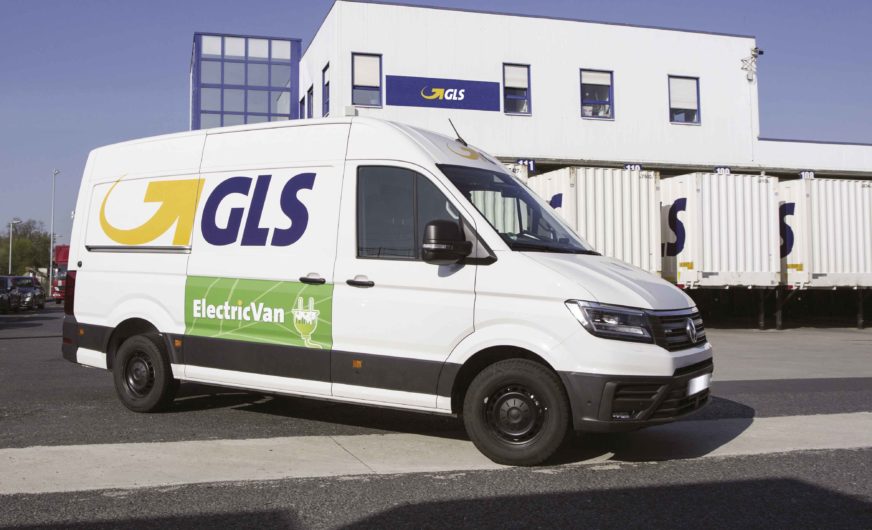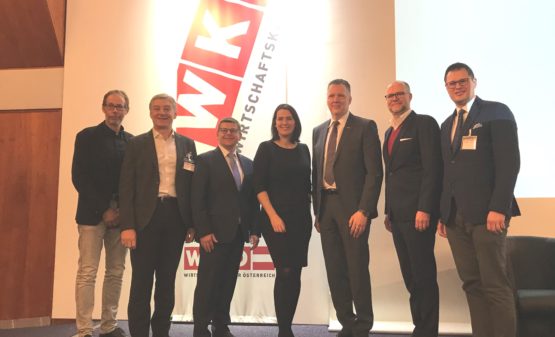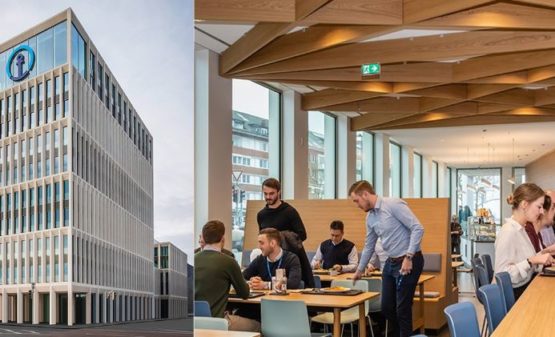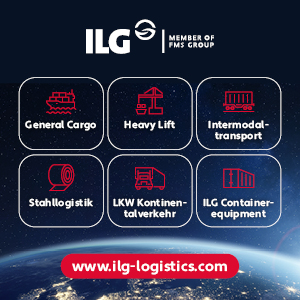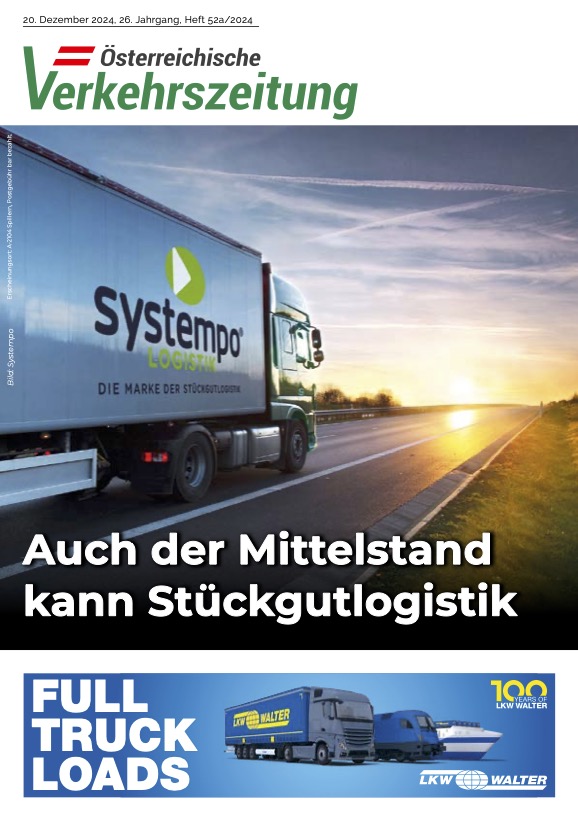From the 1st of October, GLS Germany will send all parcels climate neutrally. Emissions of the parcel transport will be completely compensated. At the same time, the company is investing into measures to reduce and avoid emissions.
“Our customers are demanding sustainable parcel logistics and at the same time they are ready to take responsibility for climate protection,” explains Martin Seidenberg, CEO of GLS Germany. “We are now setting an example and will introduce 100 percent climate-neutral shipping from October, thus compensating around 160,000 tonnes of CO2 every year.”
GLS KlimaProtect is based on two pillars: compensation, reduction and avoidance. The emissions generated by the parcel transport will be compensated by certified afforestation projects. In addition, investments are made to reduce and avoid emissions. In addition to the use of 100 percent sustainable electricity, the fleet of e-vehicles, among other things, will be expanded, investments will be made into additional charging infrastructure, and emission-free delivery in city centres will be promoted.
“The switch to climate-neutral shipping is an important component of sustainable parcel logistics,” says Martin Seidenberg. “However, climate-friendly delivery concepts require high investment and lead to higher costs. Electric vehicles, for example, usually have smalle loading capcity and significantly shorter ranges.”
Nevertheless, GLS Germany together with its customers creates sustainable parcel logistics. The senders are involved with an average contribution of 3.5 percent of the parcel price to GLS KlimaProtect.
Since 2008, GLS has bundled all resource conservation and emission reduction measures in its “ThinkGreen” initiative. These include ecological measures for depot renewals and rebuilds, constant optimisation of mileage and capacity utilisation as well as sustainable city logistics solutions. Thus GLS Germany first used an e-bike in Konstanz in 2016. Since then, other cities and types of vehicle have been added, such as e-vans and e-scooters.
There are currently more than 20 projects in Germany involving around 100 electric vehicles. Climate-neutral shipping using the “ThinkGreen” service has been optionally available since 2011.


